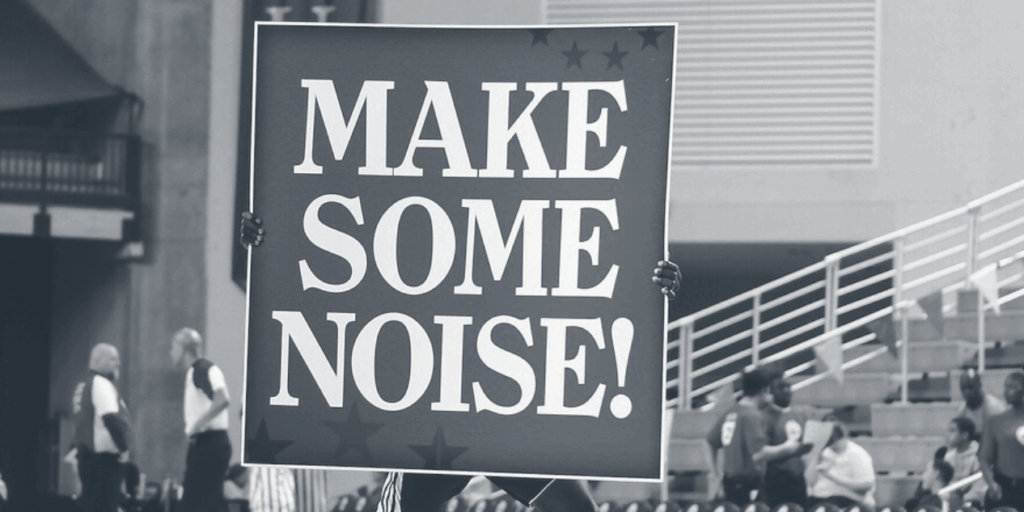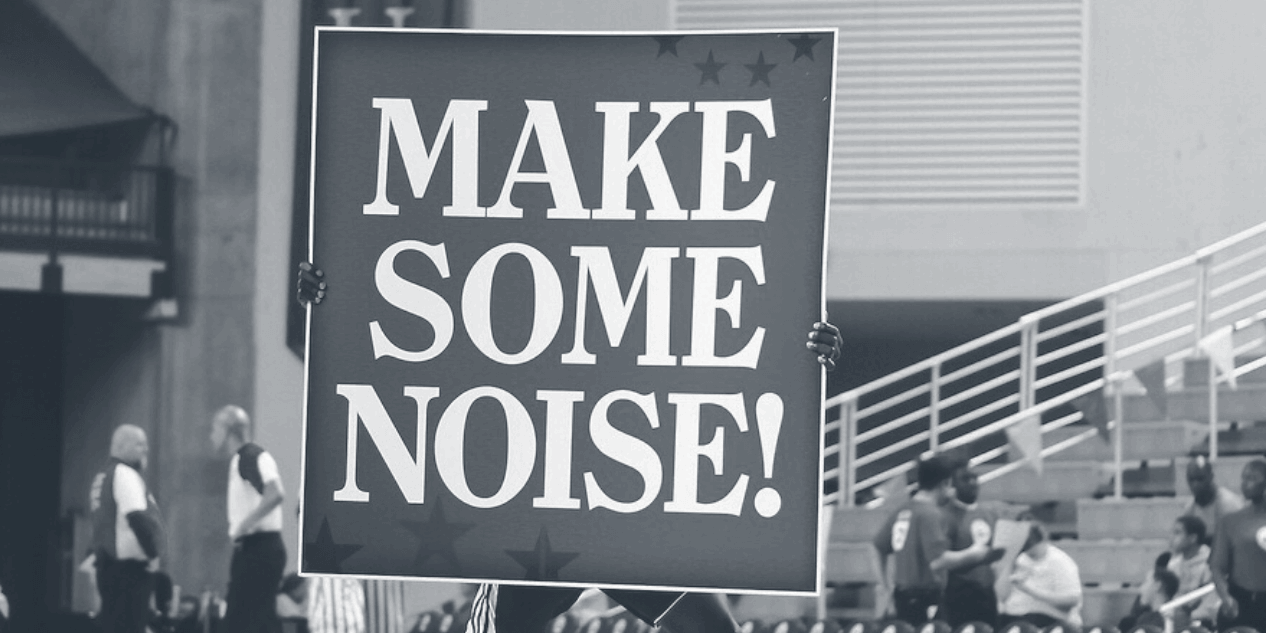Below is a transcript of the talk Alex gave at the AOIR Conference 2017 in October.
It was based on research we prepared with colleagues at the University of West Virginia which also produced this draft of a paper: CSCW Alt-Right draft
Primarily of interest in this talk was the way in which our research showed the emergence of the alt-right community and its subsequent normalising of its vocabulary and practises. One surprising feature was the absence of a post-election decline of engagement with the community…

“Saiph Savage and Claudia Saviaga – couldn’t travel here today
Our work together has been in trying to understand government – citizen interactions and designing technology for facilitating government – citizen and citizen-citizen collaborations.
WE’ve collaborated on projects like the botivist – a twitter bot designed to introduce people the collaborate on problem solving around issues they both care about.
This presentation is on a specific community we have studied that looked very much like it broke the mould for online political engagement.

For more than a decade the impact of online political communities has been the subject of heated debate. Many researchers and practitioners believe that social media has helped to increase activism and collective action among citizens, while other scholars state that social media does not help mobilize citizens who were already passive, that an excessive use of social media use can contribute to no effective collective action taking place and that digital engagement seems unlikely to replace traditional political participation.
Indeed, recent research has found that while many activist organizations believe they are creating stronger communities and dialogues with their public through social media, this rarely translates to significant mobilization with regard to public events or political activism.

However, In 2016 a new chapter was written by activists influenced by the growth of members and activity on what became known as the Alt-Right.
Informed and sometimes led by the practices and membership of their predecessors across a number of platforms, a large number of new ‘combatants’ took up the challenge of working on behalf of an attractive and implicitly disruptive ‘mainstream’ candidate for the Presidency of the United States.
In Donald Trump a large number of young people found a reason to enter into politics. The candidate, his status and message was clearly very appealing.
But so too were the technologies, venues and means for taking part in the ‘debate’. 4Chan, Social media and the Internet was and is their playground and this was an opportunity unlike any before for people of their generation to engage with a subject they found appealing and in a way they could or indeed already had, mastered.
Online Alt-right contributors appeared to be organizing in ways that are viewed by the press, academia and politicians as unorthodox, creating political memes, trolling and doxing individuals, fabricating political documents and, of course, trying to plant misleading narratives into the mainstream reporting on the campaign.
Alt-right members are not conservative – as in Republican – nor are they a constituency made up of the christian evangelical ‘middle’ American cohort.
They are:
- Young
- White
- Middle Class
- Largely but not exclusively male
- Educated
If we had any doubts as to the nature of the campaign waged by the alt-right our respondents in this study made it clear that they were not members of the Republican party.
Indeed some of our respondents shared with us how difficult it had been to join the ‘ground’ campaign run by the GOP in support of Trumps candidacy. Where it existed – and that was a rarity in itself – they were not welcome.
This might have originated in the fact that the Republican party did not go ‘all in’ to support Trump in the general election. But also the almost incessant attacks by the Alt-right attacking the leadership of the GOP and both Paul Ryan and Mitch McConnell in particular may have played a part.
In any event they refute the notion of politics as an opportunity to take part, as one put it, “in a four year cycle of beauty pageants to select a liar”. The community saw Mr Trump as the perfect candidate someone to be supported because he was not and probably never could be – a politician.

For our study we focused on on one of the internet’s most active alt-right gathering spots – the political subreddit: r/The_Donald. |’m going to show you the results of being able to analyse data on the posts and comments left there – At the time of our study – in February 2017 – The site boasted over 340 thousand participants who had made over 16 million comments.
However, we also had the opportunity to meet and interview many participants, both highly and moderately active contributors.
We chose r/The_Donald because forum participants had allegedly organized online collective action on multiple occasions, something that supporters of slacktivism theory supporters do not think could be sustained.
We tested the ephemerality of participants on The_Donald to see if they matched the traditional slacktivist model and analysed the collective activity they engaged in around two well known examples of trolling attributed to the alt-right.
We especially aimed at understanding whether people participated in an effort to mobilize other users to take action, and whether this behaviour continued after Donald Trump was elected.

First we investigated the ephemerality of the community by plotting the daily amount of comments and new participants on r/The_Donald of the entire community throughout time we were observing.
As you’d probably expect, we saw peaks in both surrounding specific events, but also a steady and high level of activity throughout the period of the presidential campaign until the day after the election, which was held on November 8, 2016.
It was also evident that the activity has actually increased subsequent to the presidential election, something which one might consider unusual under the model that says you would expect a decay in engagement after a campaign is concluded.

Secondly, we examined the number of days between the first and last comments of each individual participant in the r/The_Donald.
We saw that participants on r/The_Donald were active for extended periods of time, 65 days being the average.
It is clear from this data that the community is not dominated by those commenters who are only briefly active – dipping in to a cause they find appealing, before leaving just as quickly.
We found a tendency for the most frequent contributors to the_donald to be active almost exclusively there.
Low volume r/The_Donald commenters came from elsewhere on reddit, where they were much more participative. It would seem that even those who made only 1 comment on r/The_Donald had made on average 9 more comments elsewhere on reddit.
This doesn’t look like a slacktivist or traditional digital political organising effort. There seemed to be multiple trigger points throughout the months of the campaign that brought in new members and there was a relatively high number of participants who joined the community and stayed, contributing regularly. We also continued collecting data for 3 months after the conclusion of the campaign and saw an increase in activity, especially leading up to his inauguration and around the so called muslim ban.

In trying to categorise the kind of activity taking place, we chose to look at two actions that were widely attributed to the alt-right and studied the activity on the subreddit in the time period around those events.
The first was the “Amy Schumer” Case
She’s a high profile comedian who debuted a brand new comedy special exclusively on Netflix in 2017.
Her show faced very negative press reviews. Schumer herself claimed that people on The Donald organized a campaign on Netflix against her to give her show negative reviews, which in turn led the press to follow suit.
The second was a campaign to cancel Netflix subscriptions – citing offence taken at the release of the tv series “Dear White People”, in an attempt to get that show taken down.
We wanted to understand whether users on r/The_Donald were having conversations to encourage collective action, either by pointing out a problem which we called the diagnostic frame, giving solutions ( the prognostic frame), or motivating people to take action (motivational frame), just as the stages of collective action where crowds or communities identify opportunities, brainstorm solutions, initialize mobilization of users and take action.

Comments in the diagnostic category focused on diagnosing problems and identifying people to blame for a problem. Across each of the three case studies, we found that this category covered the majority of the conversations (between 84.4% and 92.34%). It appeared that people focused primarily on “diagnosing” what the problem with Amy Schumer was (especially discussing why they rejected her and her political views).
In the table I have also included data on the case of “doxing”, that is, providing personal information about a victim in a public forum that might be used to harass them.
This generated interesting discussion as people focused on diagnosing who might have doxed somebody, how they would have avoided being doxed or the rules about doxing on reddit or the wider internet. It led to the production of “ground rules” on how to – and how to avoid – doxxing.
The prognostic category focused on identifying solutions to problems. Very few of the prognostic comments were confidently prescribing solutions however. Instead they seemed to edge toward solutions, offering their opinion.
The motivational category focused on creating posts and comments that could prompt people into action.
The type of action that people tried to motivate covered: (a) collectively creating massive tweets for a particular cause (including demonstrations on simple bot production and use); (b) collectively boycotting brands that supported political views or ideologies they oppose; (c) collectively down-voting content on YouTube; (d) signing petitions to oppose people or organizations that oppose their political views
Surprisingly, both the prognostic and motivational categories was that we saw very little evidence of order-giving or leading behaviour but, much more often, suggestions and “hedging” words trying to come across as helpful.

It has been found that a strong collective identity is important for a successful social movement. This sense of identity increases over time as participants come to share beliefs and begin to see themselves as a collective.
Previous work has found that people will tend to follow others’ orders in online social spaces if they can see that the person giving the orders is also following them and that social pressure also plays a large role in deciding to participate on social actions. It is thought that that the desire to present a positive image to others and a desire to be consistent with one’s own values can lead to the willingness to contribute to a cause.
It has also been found that people can change their opinions as a result of the interactions they were having in social spaces.
We believe this could be observed in the “Dear White People” Case, where people were letting others know about having cancelled their Netflix subscription. Overall, these apparent calls to action lead individuals on r/The_Donald to generate 1,300 comments with the words “cancelled” and “Netflix”, hinting that the calls to action lead over 1,000 Netflix accounts to be terminated. Users were also found to be uploading their receipt as evidence of their cancellation.
We see this as evidence of a collective action, even though it was not lead by anyone in particular, as we did not detect any single user that had made several messages classified as motivational (which that might have marked him or her as a leader). Instead, as I mentioned earlier, subtle ways of calls to action were given in form of prognostic messages using hedge words like “I humbly suggest…”
In order to understand the nature of the community If indeed The_Donald is a community as such, we look to the concepts of a Community of Interest and Communities of Practice.
A community of interest can only be loosely defined, because of their very nature. In essence we can say this is our starting point; it is a group or groups of people who can be identified – even if they themselves do not, as sharing a common interest or concern and is primarily driven by the exchange of information. Some members may act directly but as for action in common that is often limited to information sharing of one kind or another.
A community of Practice is a group or groups of people who share a common concern, a set of problems, or a passion about a topic, and who interact over time to deepen their knowledge and create solutions. In connecting to solve problems members a of a community of Practice share ideas and information, set values, build practices, and develop relationships with peers and stakeholders to focus on a common purpose. They are a collective driven by the shared need to express their common interests in the form of actions, information sharing and promoting change – furthering a common cause.
Given what we can observe of the behaviour of many participants on The_Donald we have ample evidence of a Community of Interest and indeed for some members and activities it has all the hallmarks of a Community of Practice.
In the months after its inception in June of 2015 The_Donald existed for its members as a place where they could rehearse their reasons for wishing success for The_Donald and share their knowledge and research into the subject. By November of 2016 the work of the membership in creating and developing strategies, procedures, materials including narratives and propagating them via Facebook, Twitter, YouTube and apparently even the Twitter account of the real Donald Trump had reached massive scale. In every sense of the word The_Donald represented a community of practice. Sharing ideas and knowledge was and is a cornerstone of their activities, conducting ‘research’, making and distributing memes, Trolling and policing their values on The_Donald all illustrate a community of practice at work.
This final quote is from a self proclaimed ‘veteran’ of the 2016 meme wars writing in his blog.

Just a couple of samples of their work their – and I wanted to highlight that one in particular to emphasise how they set themselves apart from the traditional republican establishment.

So we concluded that, no matter the purpose for which the the_donald subreddit was originally created, it became a political community in its own right. I haven’t gone into it here but there was even evidence of users policing their own speech and actions to ensure it conformed with expectations.
Also, as we were concluding the study they were making preparations to get involved with Marine Le Pen’s presidential bid in France, including encouraging each other to learn French in order to better produce memes.
We studied the_donald because it was rumoured that they were not confined to traditional online clicktivism. Yes they definitely loved creating bad memes to share amongst themselves and brigading on social media. But we also found significant evidence that they sustained activity well beyond the point at which the issue that brought them together had been achieved.
They presented a collective online identity which acted on its own behalf and developed its own methods for doing so – methods which have persisted to today.

Hold for Applause”
Download the full AOIR 2017 presentation slides here
Download a draft of the paper: CSCW Alt-Right draft


